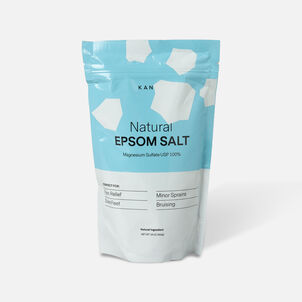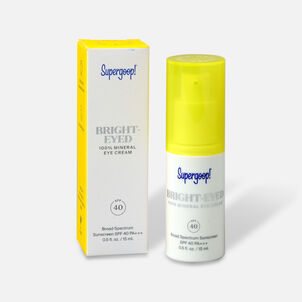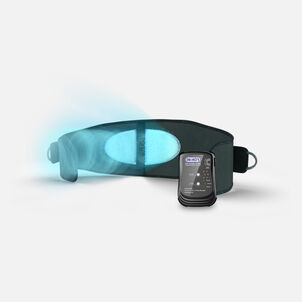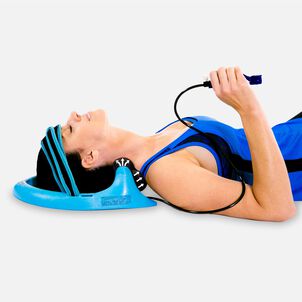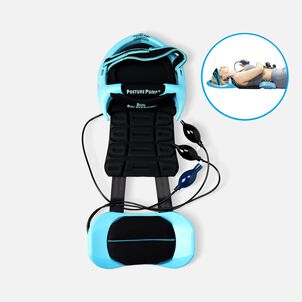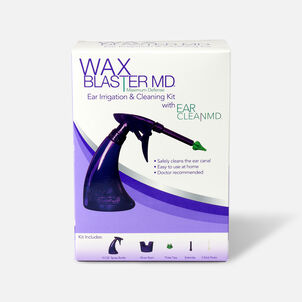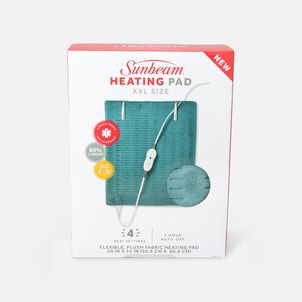Now that spring has sprung in much of the U.S., insects are starting to pop up everywhere. And it won't be long before many of you are counting down the days 'til summer's over, waiting for these pests to leave for another year. Don't worry, you're hardly alone. Insects are annoying, and no matter how many candles you light around your property, they manage to find their way through your citronella and lemongrass force field. It seems like insect repellent spray is the only way to keep them from eating you alive.
Naturally, you’re asking yourself: is insect repellent FSA eligible? Even though insect repellent is probably the best way to keep mosquitoes and other insects at bay — possibly preventing the spread of disease — it's not currently eligible to buy with your flexible spending account (FSA). In fact, in addition to not being FSA eligible, it's also non-eligible for those using a limited care flexible spending account (LCFSA), health savings account (HSA), or health reimbursement arrangement (HRA).
To a lot of FSA holders, this might be more annoying than the bugs. But before you start shopping for FSA eligible mosquito netting, read on. There might be some pretty good alternatives to consider.
But why? Just why?
Please allow us to get a little technical here. According to IRS regulations, qualified medical expenses for reimbursement through an FSA include those that diagnose, mitigate, prevent, cure, and/or treat an injury, illness, disease, or symptoms of a disease. Although the IRS hasn't made any formal comments on insect repellent not being eligible, they also haven't publicly declared their support, either. While there may be a case that it could qualify under prevention, it's just not currently clear and therefore not eligible (although we're hoping that changes in the future!)
Products that are primarily sunscreen with insect repellent are FSA-eligible. However, the primary use of the product must be for sun protection and not insect repellent to be considered eligible with your FSA.
-
Thank you for visiting the FSA Store Learning Center! Don’t forget to follow us for more helpful tips on Facebook, Instagram, and Twitter!



